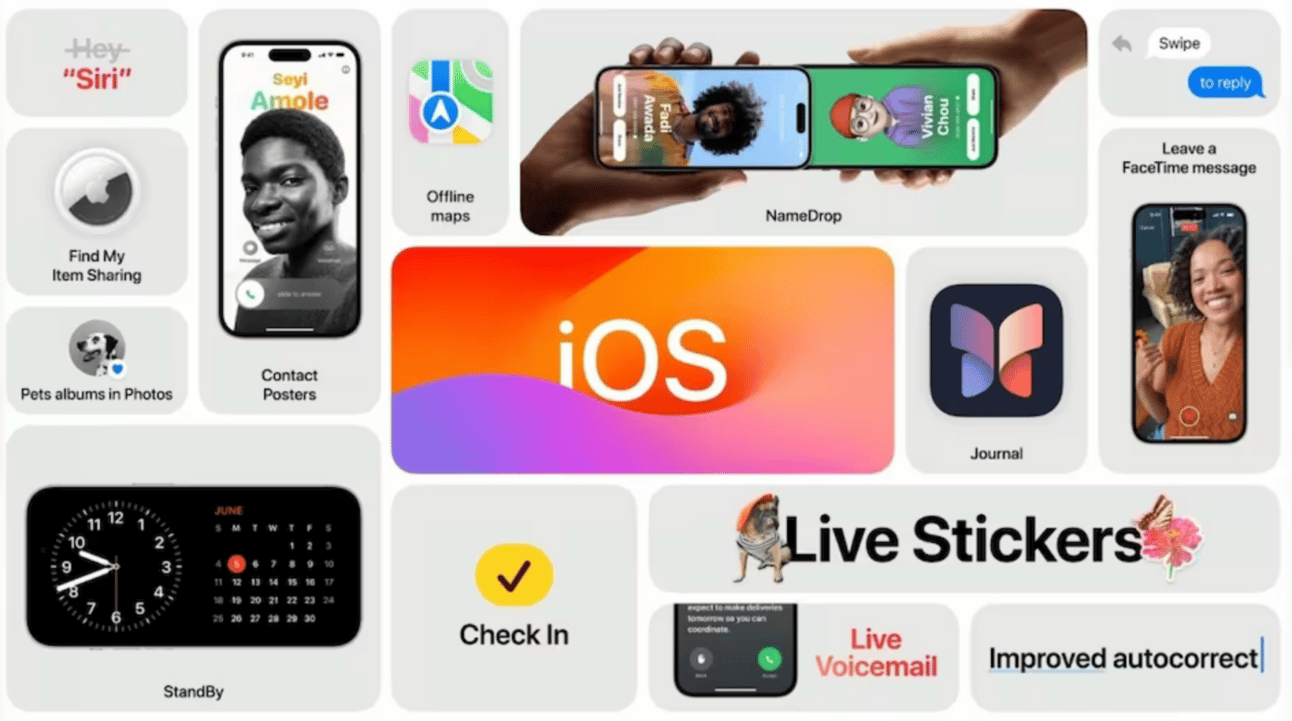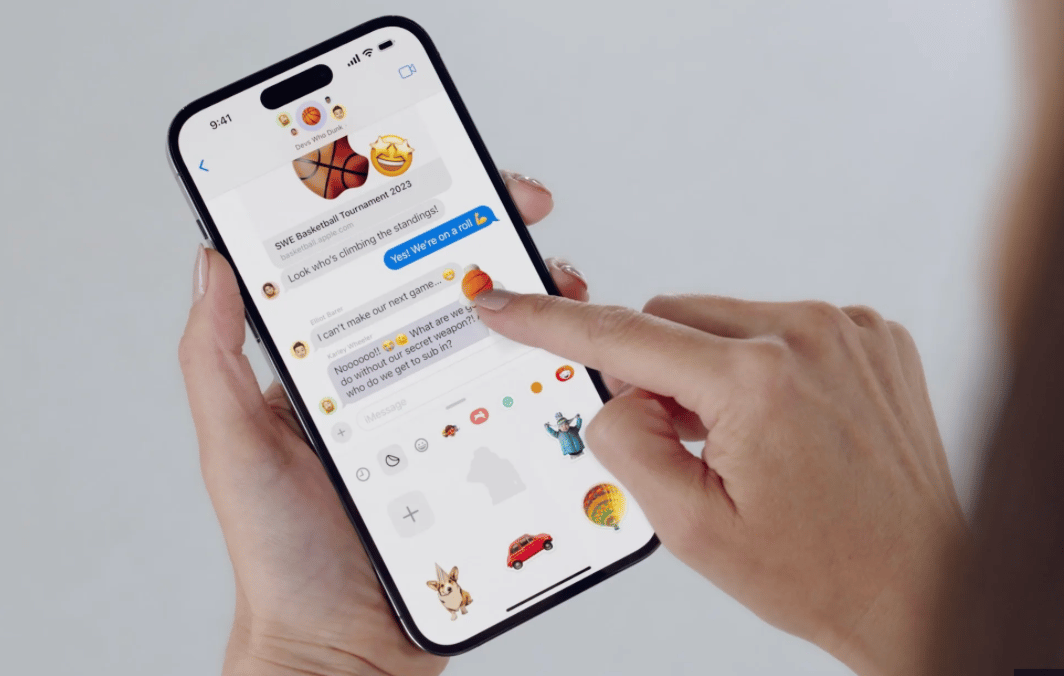Apple's LifeOS

I think Apple is building LifeOS.
I made a prediction the month before the iPhone came out that Apple's approach would win in the phone market. Then I camped for that 2007 iPhone at an AT&T store in Tallahassee, FL., and I've also camped for every iPhone release since then.
So I'm definitely a fanboy by my own standards, but with one (hopeful) exception. I am still analytical about the company and its goals, vision, and execution. I think their AI strategy has been dogshit, for example. Or at least as it relates to the consumer-facing stuff. Siri doesn't feel better than it was when it came out. The entire HomeKit ecosystem is struggling because of that, and it bothers me.
Apple's formula
Anyway, what I wanted to talk about today is why I think Apple is winning. Not just with the iPhone but with its overall ecosystem.
It's not because they have more features, or that all their features are better. They don't, and they aren't. There are many features that Android has, or that Windows Phone had, that were super awesome.
I think Apple crushes the competition for three primary reasons:
- All their features are designed to work as part of a complete vision
- The features work within a unified ecosystem that's designed to be pleasing and create delight
- Using a high-quality ecosystem communicates the quality of the owner, both to others and to themselves
- Android—and most other products—don't do this.
LifeOS

Starting with #1, which is Vision, I believe Apple is slowly and meticulously building the operating system for life. LifeOS, as I call it.
Let's look at all the places they play:
- Computing: Their main push is being the primary computer at home
- Education: They've long pushed to be big in schools
- Finance: The Apple Card, and now a Savings Account
- Home: They have their HomeKit play
- Health: They have their HealthKit play
Most importantly, when they add something new to the mix, like adding Mental Health and Mood tracking in iOS 17, it seamlessly drops into its place within the ecosystem. They're also coming stronger for Video Conferencing with new Facetime features, although that'll take a while to reach Zoom-like functionality or adoption.
If you imagine tech in 10 or 20 years, I imagine it as a whole lot more invisible and a whole lot more personal. Your chosen operating system and your digital assistant will manage everything in your life.
Creating delight
This is part of the ecosystem point, actually, but it deserves its own section. Apple builds features to be enjoyable to use, and they often are so enjoyable because they work well with everything else you already have.
One example of this is being able to copy something on any Mac, and having it be pastable on any other device. That's from a phone to a laptop, from an iPad to a phone, or whatever. It's those small things that really matter.

Blue texts that show when someone is typing is probably the best example of this. With delivered and read messages you get spoiled and really notice it when you interact with someone with SMS/Green texts.
More great examples of this are being launched with iOS17, where you can just bring your phone near someone else's and share contact information. And they're adding the ability to add any emoji, plus custom ones based on your photos, to your message bubbles. Oh, and two more: They're adding live voicemail for the Phone app, and voice message transcripts in Messages.
Making you feel like a better person
Finally, the magic sauce that I think many people miss is that using such an ecosystem makes you feel like you've done well in life. It makes you feel organized and accomplished. At least it does for me.
This is under the radar, and you have to really pay attention to notice it, but it's there. The negative spin on this would be that they're elitist products for the rich and self-important. The positive spin would be that it's like a bookstore, where you walk in and you feel like anything is possible.
I think using products and ecosystems like this communicates to inner, evolution-driven animal, and says:
We're doing good in life. Pat on the back.
Related but different to that, it also communicates to others that you're doing well in life, and that you're successful and organized and care about things like quality and aesthetic.
Some say that's the whole thing. That it's just a signaling mechanism for the rich. But this wouldn't work if the ecosystem itself didn't produce delight when using it. All of these play off of each other to form something bigger than the parts.
Summary
Ok, so what am I saying here? I'm saying a few things.
Watch out for Apple, and notice what they're doing to win. They're building against a long-term vision, constructing something like a LifeOS that produces delight when you use it, and that makes you feel more accomplished as a result.
This is a powerful combined effect that more people should emulate. Android manufacturers put out phones and features, but they're largely disjointed and not high enough quality, or integrated well enough, to produce this sort of delight.
As a company or brand of any kind, think about your long-term vision and lock it in. Then build your products, services, and other offerings to fit within that vision. And execute at such a high quality level that people feel like they've made good life choices by being part of it.
I think this is the formula Apple is using to build LifeOS, and I think more companies—and even individual business owners—should employ the same methodology.